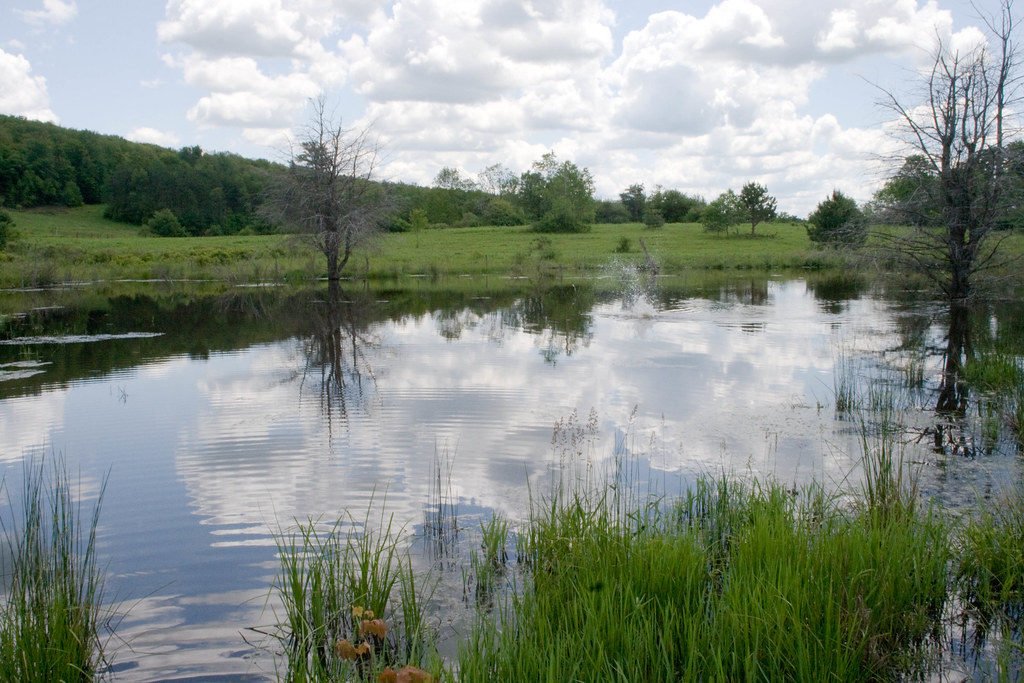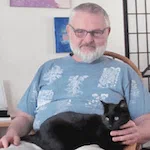Most of the year while I was growing up, my family lived in a seven-room house in Worcester, Massachusetts. It had three bedrooms, one and a half bathrooms, and a two-car garage, although we didn’t have two cars yet.
Every June, after school was out for the summer, we would pack the car and drive to our cottage by a lake in Rutland, Massachusetts, where we stayed until Labor Day. The drive seemed long when I was little, but it could not have been more than forty minutes.
My father’s parents had given this cottage to the newlyweds in 1942. It must have been a relatively unused gift during the first years of their marriage while my father was in the war and then afterward, perhaps, while they remained childless. In early 1948, they adopted the first of three children, a boy they named Brian. By now they had a good reason to use the cottage. I was adopted four years later and six years after that my sister, Carol, joined the family.
I never thought about the peculiarity that, although we lived in New England where we could have spent more time at the ocean, we almost exclusively vacationed by an inland lake. We did visit the coast, but rarely during the summer.
It was a four-room cottage, and on one side there was a porch that ran the length of the cottage. This porch overlooked the western half of the lake, which was called Turkey Hill Pond. It was about half a mile long and a third of a mile wide. Once, I looked out from our porch and saw that it was raining on the other side of the lake but dry on our side.

The cottage was white with green trim and a red-shingle roof. It fronted on top of a small hill that sloped down toward the lake. Its entrance was only three steps above ground level, but the rest of the house was built on the slope, supported by a green latticework enclosure that was half storage and half crawl space surrounding the red brick foundation of our centrally located chimney. We could only stand up straight at one of the lower corners of the enclosure, where the big gate-like door hung on its hinges.
The apron in front of this door consisted of a sand pit in which armies of warring red and black ants constructed numerous mounds. Inside the enclosure, the floor was brown dirt topped with thick dust. Going toward the front of the cottage was only possible if I crawled on hands and knees, bumping my head on the underside of the house. (Consequently, I only tried this once.) In the enclosure, we kept our dory skiff—or rowboat to most people—and an aluminum canoe that was the proud possession of my brother, Brian, and an appropriate birthday present for him because his August birthday was almost always celebrated at the cottage.
Brian went to a day camp a few miles away during the summer, so for several summers I played by myself during the day, until he came home in the afternoon. Then we went swimming together. It was lonely without very many other children to play with, but I enjoyed exploring the woods and playing with toys by myself. Part of the problem was that while there were other children about a half-mile away, on a public stretch of beach, I was too little to walk over there, and it was too dangerous to swim there from our side of the lake. Everyone in our neighborhood stayed on our side and did not mingle with the people on the other side of the lake.
One lonely summer, before the arrival of my sister and while my brother was at camp, I played by the enclosure under the house, tormenting the ants that lived outside the door and beheading them on a flat stone with my jack knife, as if I were the emperor-executioner of the sand pit. One day, a brave ant came up to my big toe and gave me a bite. Instantly, I dropped my jack knife and ran up the slope and around to the front door. My mother was working in the kitchen, the first room when you entered.
“Mommy, mommy, an ant bit my toe!” I cried.
“What do you want me to do,” said my mother, “bite him back?”
I was astonished. Speechless, in fact. I had expected sympathy, but, even then, it dawned on me that I didn’t deserve any, and I wondered whether my mother knew what I had been up to.

Share this post with your friends.


It sounds like a lot of memories were made at the cottage. Is it still in your family?
Very nice essay.